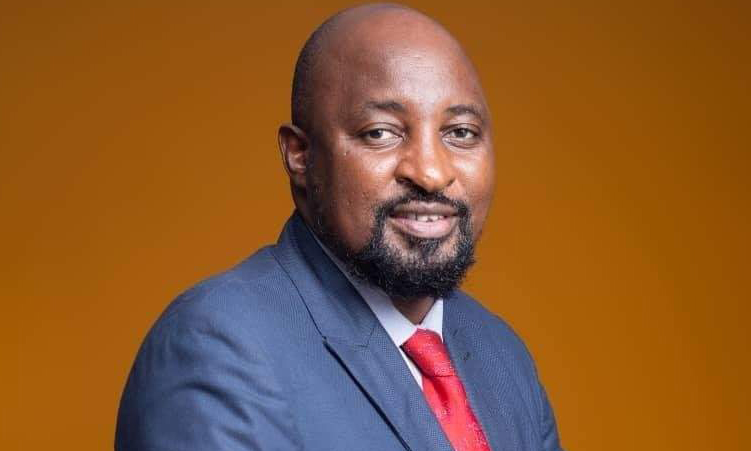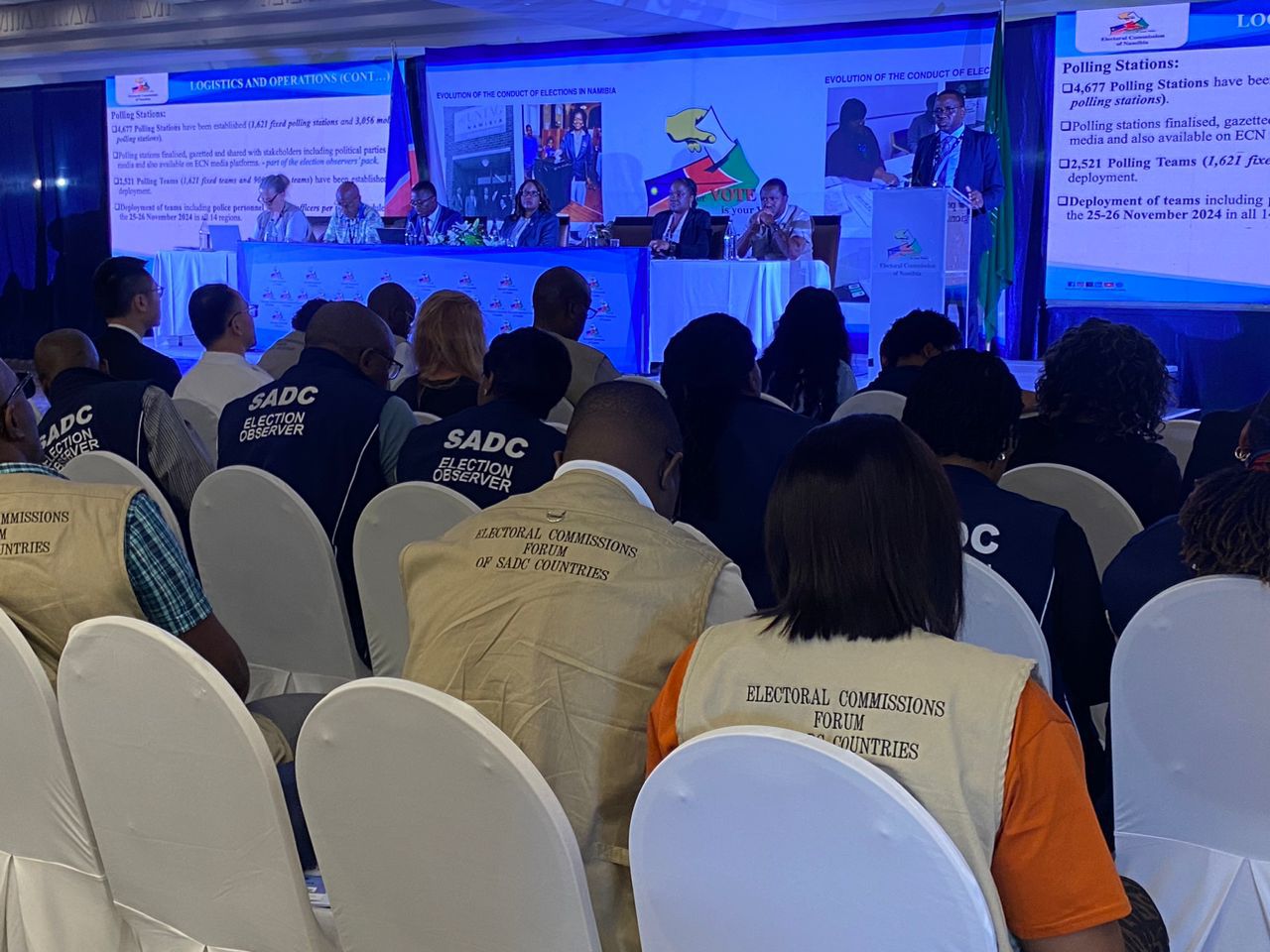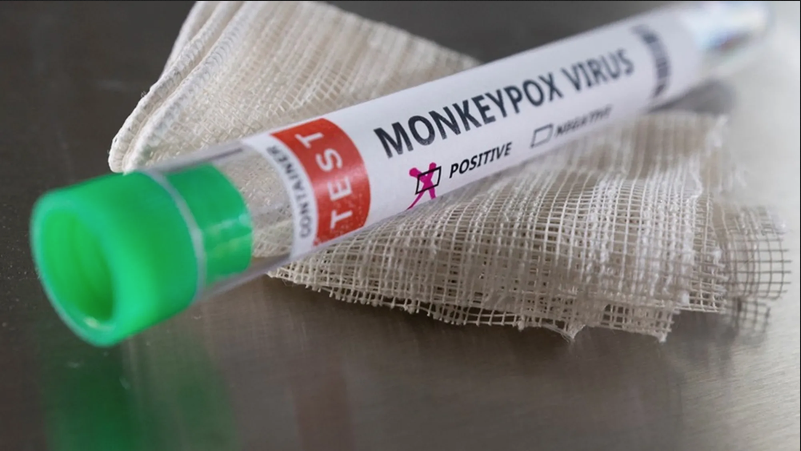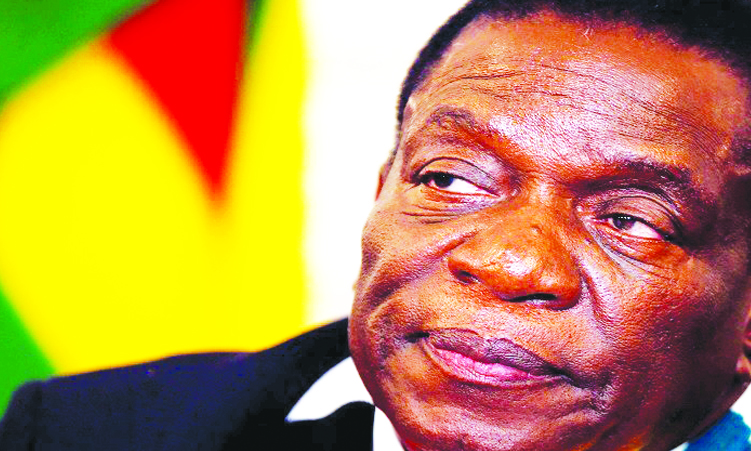Namibia’s best karate athletes failed to represent our country at the African championship in Zimbabwe recently because they had no money.
That was the deflated response of Llewellyn Manale, national coach of the Namibia Karate Federation.
Manale also told Desert Radio that Namibia could have left the tournament ranked third or higher if they had their strongest karatekas on the team.
More than half of about 100 athletes who qualified to compete for top honours were unable to raise N$13 800 each needed for the three-day games.
Karate’s experience is apparently all too common in Namibia’s sport fraternity.
“For a team to go to an event, athletes have to pay, because there are no resources that come from the state. These teams are affordability teams, not teams based on merit, because if you can afford it, then you travel with the team,” Freddy Mwiya of the Namibia Sports Commission has confirmed.
That is nothing short of damning coming from Mwiya, the chief executive of the state institution responsible for ensuring Namibia can compete with the best in the world.
Until 1990, when Namibia gained freedom from colonialism, it was easy to blame apartheid imposed by South Africa’s Afrikaner government based on the shade of a person’s skin colour.
Since independence, racial apartheid has seemingly been replaced by an insidious class apartheid.
Children and relatives of the rich (no matter their skin tone) now grab prime opportunities, taking up places in sport even when there are other, more competent athletes.
Government leaders who control taxpayers’ wallets have not been funding athletes or instituting policies to narrow the gap between rich and poor athletes.
Instead, the vacuum has been left to well-meaning people like track-and-field coach Henk Botha to discover and nurture star athletes like Christine Mboma and Beatrice Masilingi.
Alas, not everyone is well meaning. The vacuum also gets filled by anyone driven by personal motivation without consideration for merit or any common good approach.
Former sport commissioner Ndeulipula Hamutumwa complained that “private entities with resources [are] controlling the games and are often promoting economic discrimination”.
Indeed, often private entities provide funds where they see the promise of a return on their investment.
And, worryingly, some individuals at those private entities (and state-owned companies) choose to fund sport out of personal interest too.
Until government leaders begin to direct state resources equitably and fairly to promote talent, class apartheid in sport (and frankly in other areas of society too) will only spread – to the detriment of Namibia as a whole.
Sport is a great equaliser and has a track record of being a positive inspiration.
More than that, many industries have developed through sport to lift millions of people out of poverty and hopelessness.
The government should, therefore, treat sport as prudent investment avenues rather than pastimes for the elite.
Stay informed with The Namibian – your source for credible journalism. Get in-depth reporting and opinions for
only N$85 a month. Invest in journalism, invest in democracy –
Subscribe Now!






